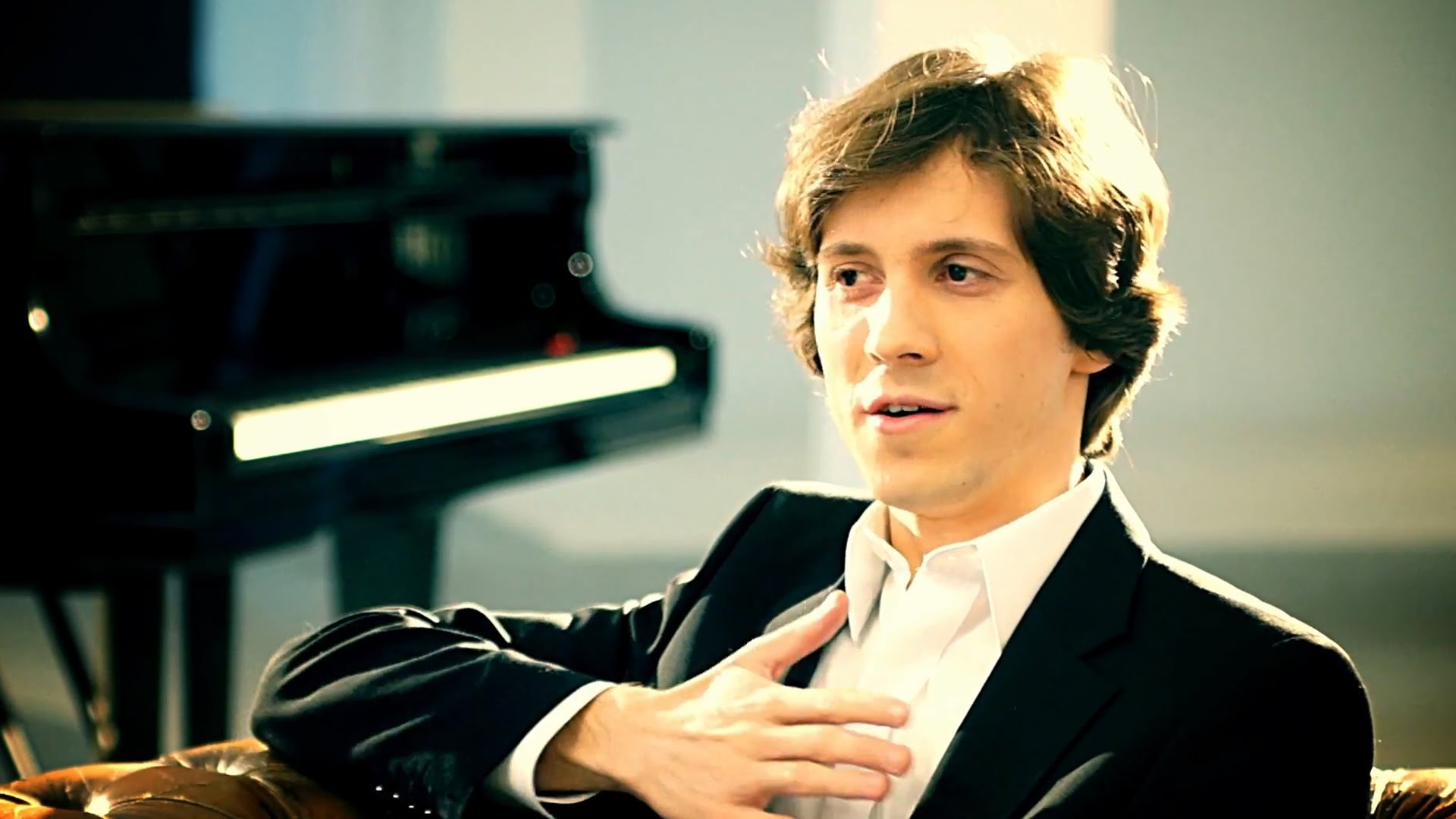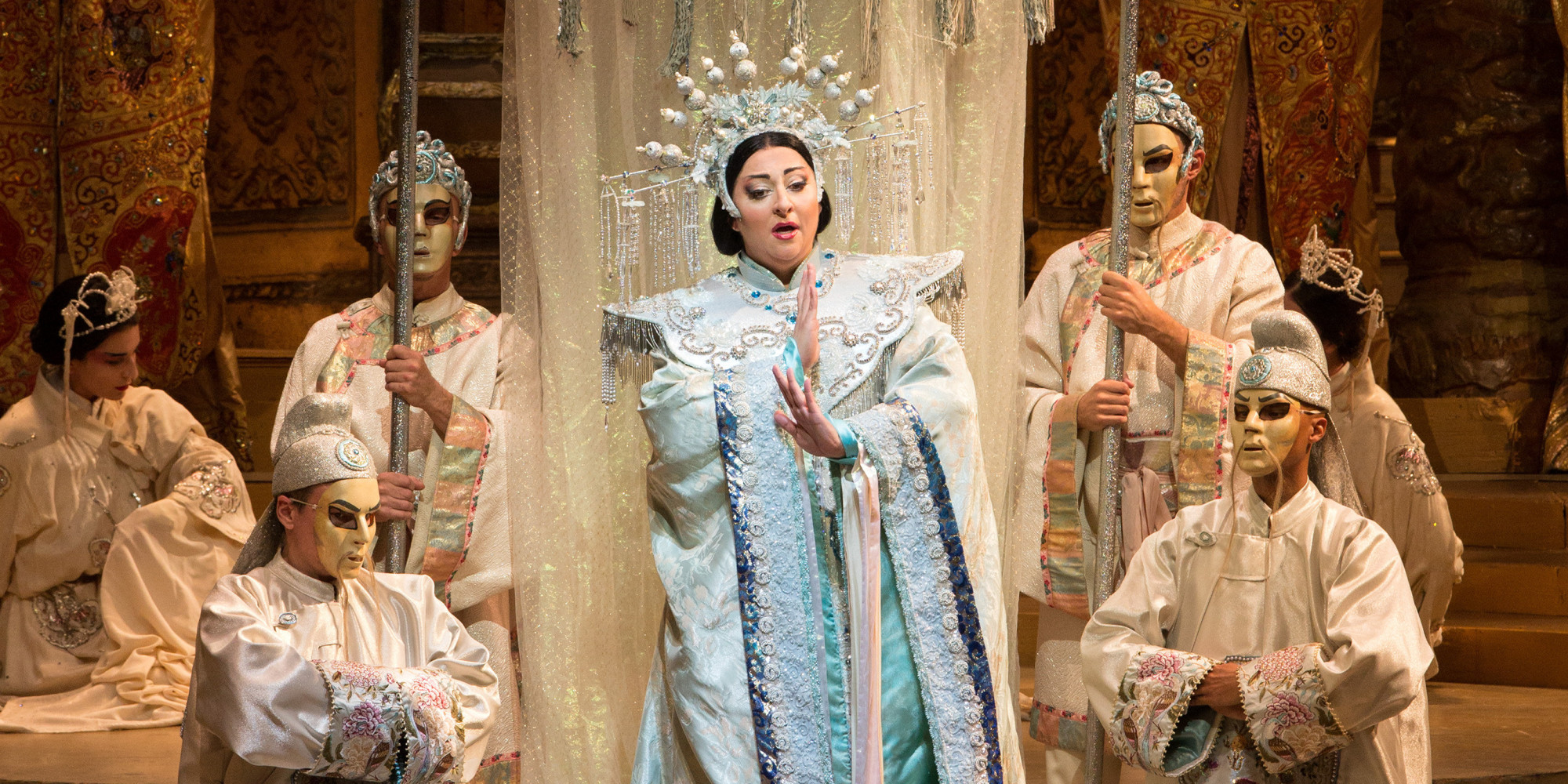New Release: Rafal Blechacz Plays Bach
Johann Sebastian Bach is the simple but fitting title of a new album by 31-year-old Polish pianist Rafał Blechacz. The recording, released in February, features Bach’s Italian Concerto, Partita Nos. 1 and 3, Fantasia and Fugue In A Minor BWV 944, and the seldom-heard Four Duets BWV 802-805. (Blechacz offers this description of the Duets). British pianist Myra Hess’ arrangement of Jesus, Joy Of Man’s Desiring rounds out the disk. Bach’s Italian Concerto in F Major, published in 1735 as the first half or …







